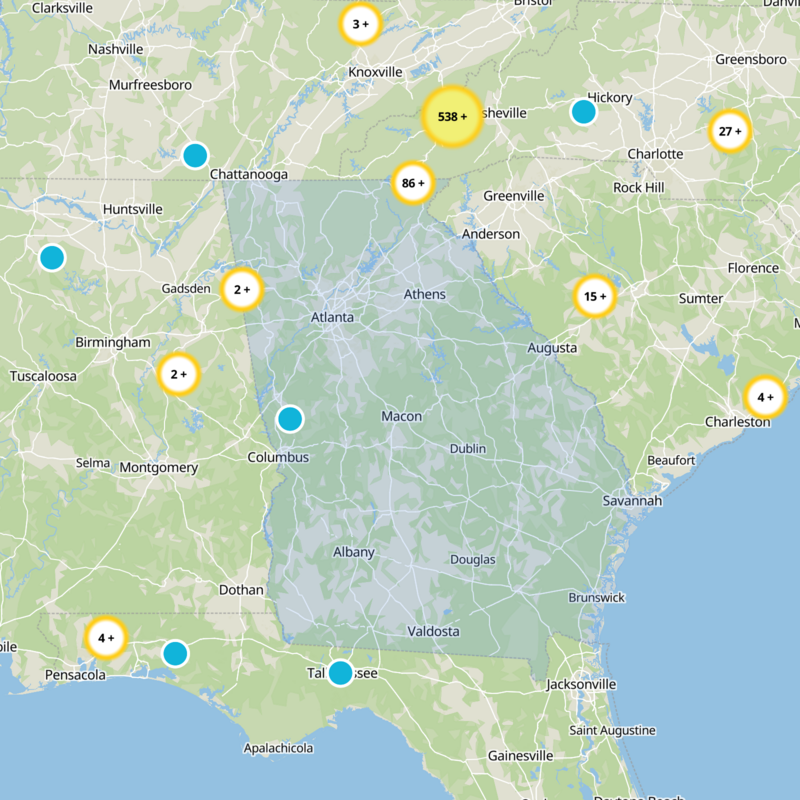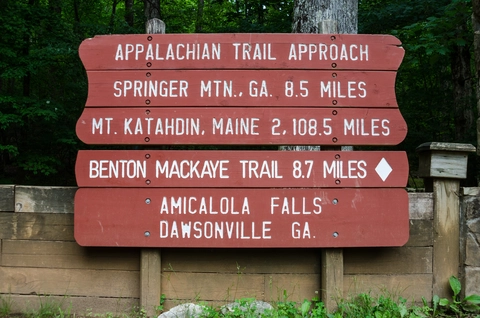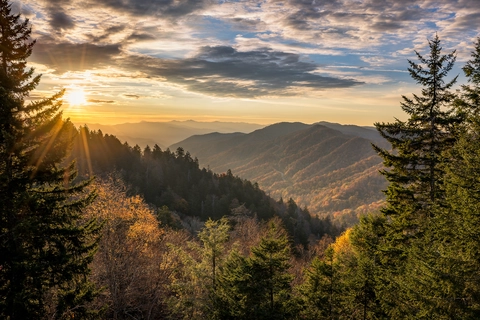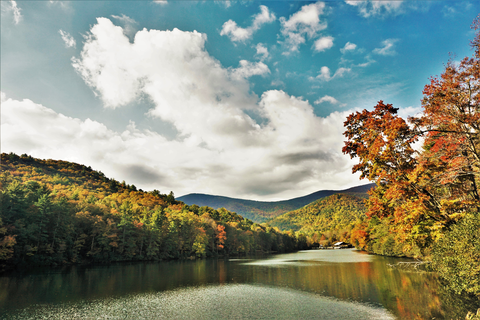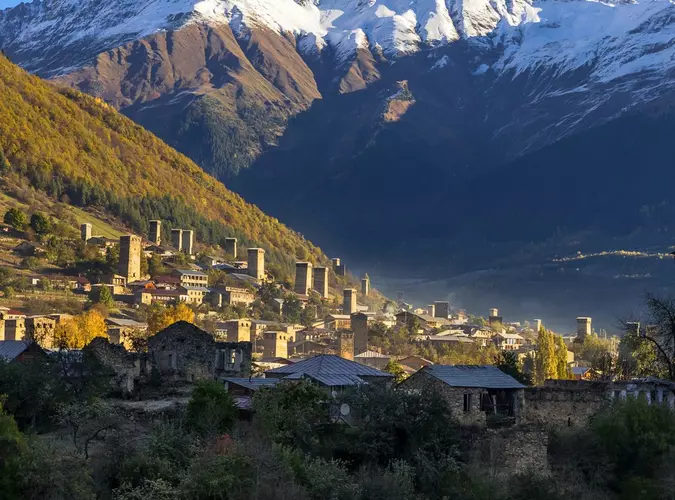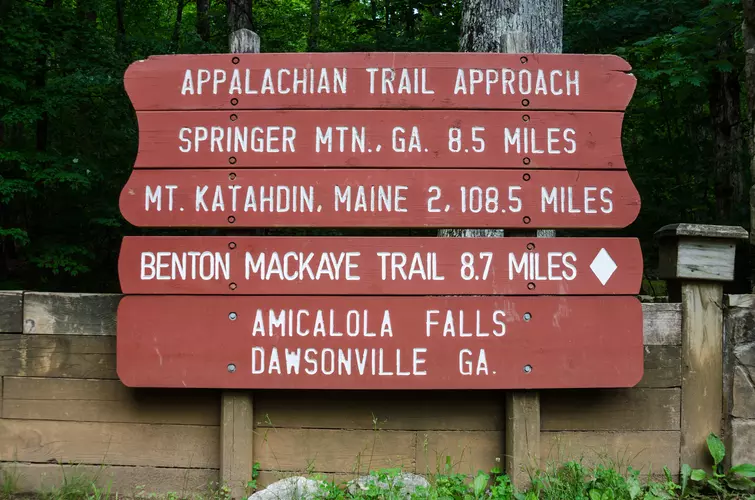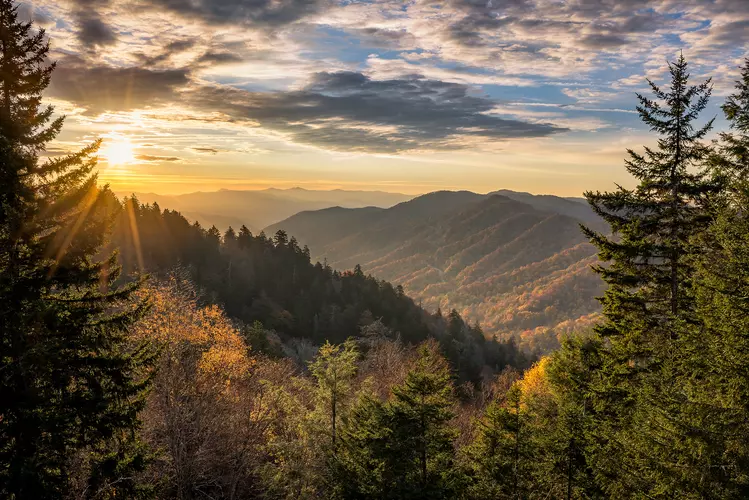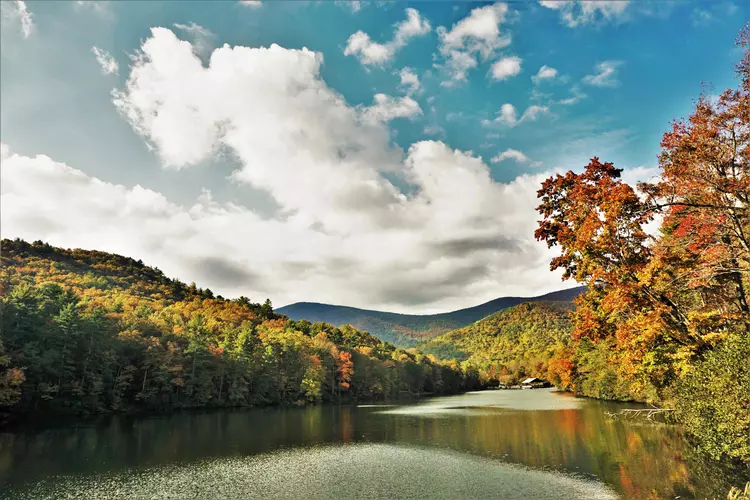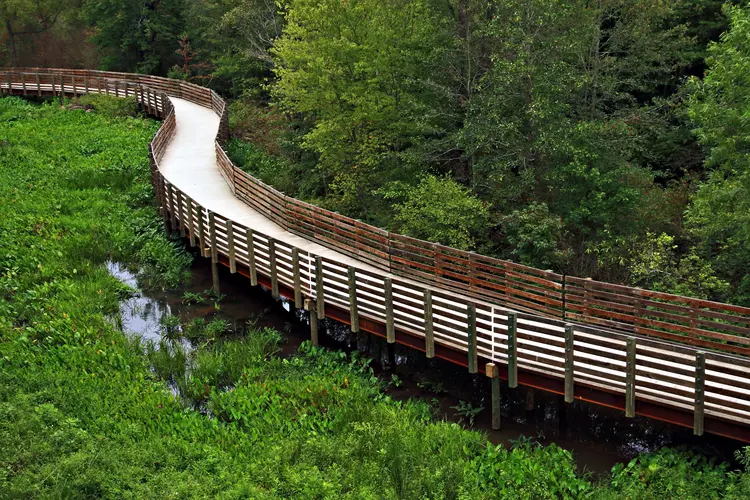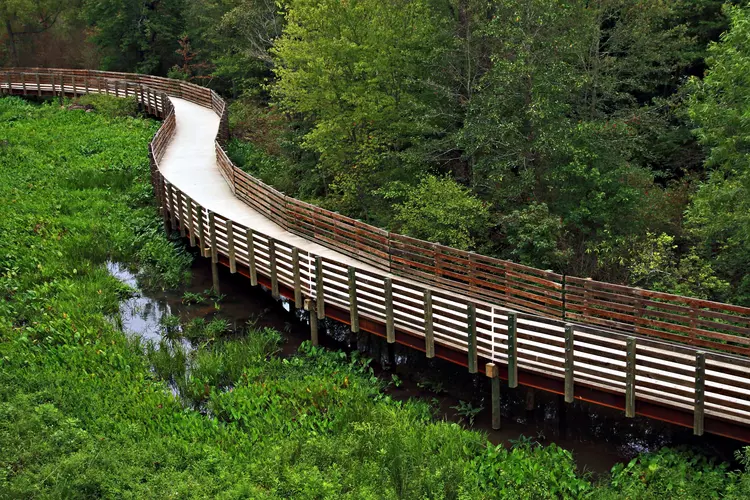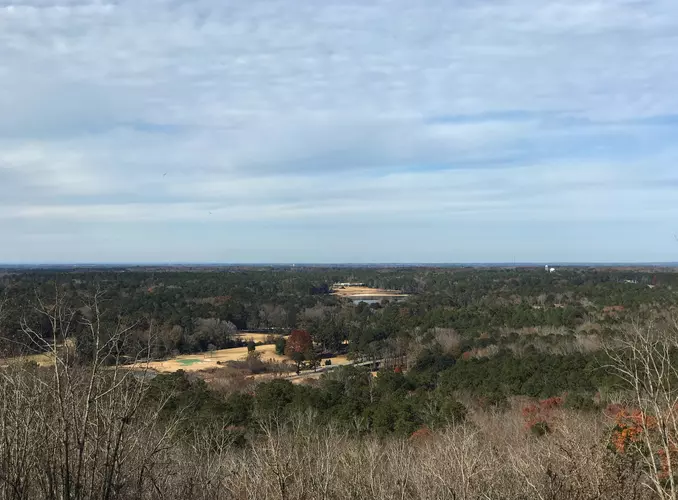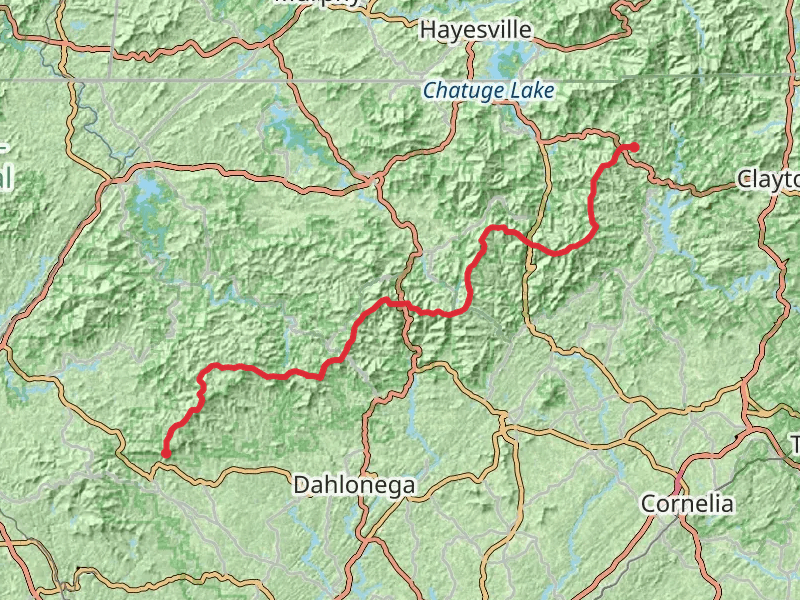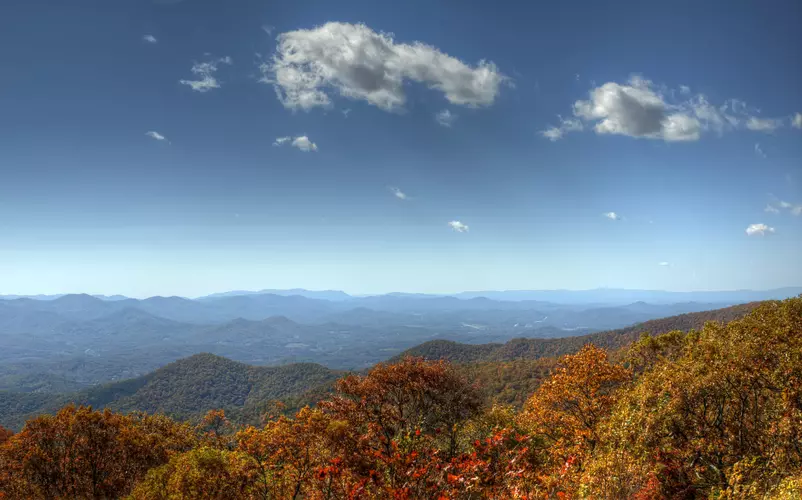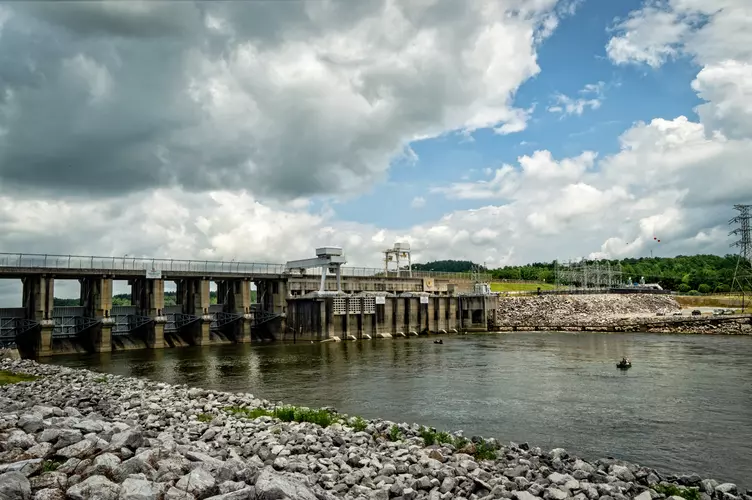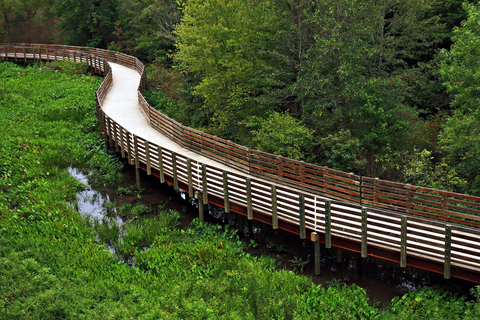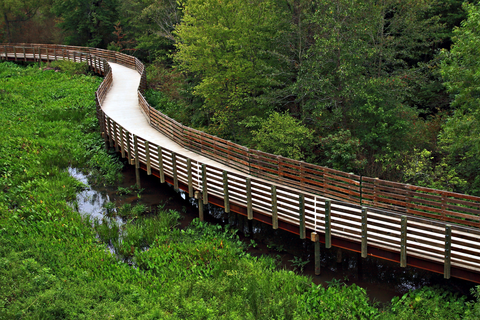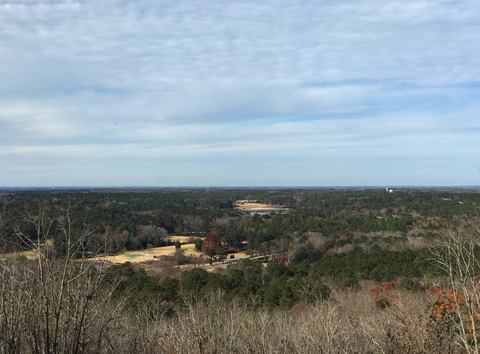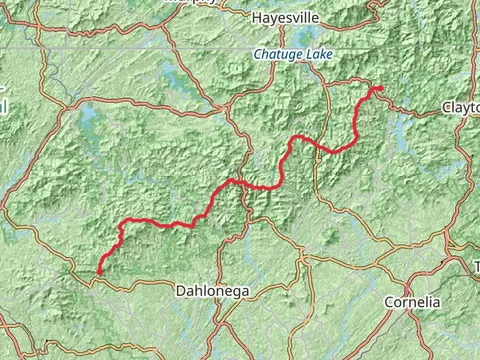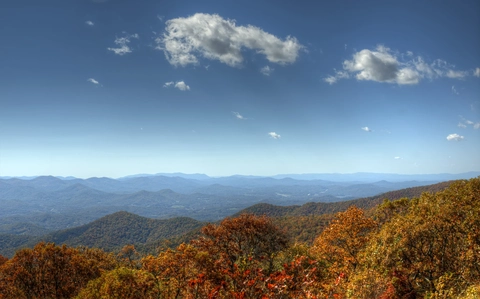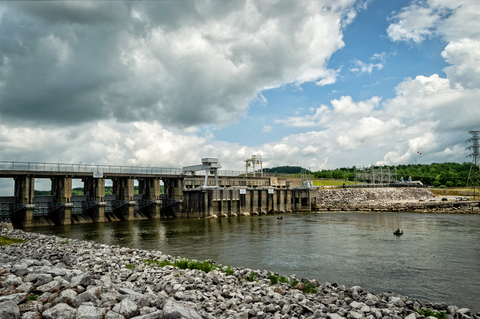"Georgia's trails, from Caucasus peaks to Appalachian forests, offer breathtaking and diverse hiking adventures."
Georgia, a hiker's paradise, offers diverse trails that weave through breathtaking landscapes. In the country of Georgia, explore the majestic Caucasus Mountains, where trails like the Mestia to Ushguli trek reveal ancient villages and stunning vistas. In the U.S. state of Georgia, the Appalachian Trail beckons with lush forests and panoramic views from Blood Mountain. Whether you're drawn to alpine meadows or dense woodlands, Georgia's trails promise adventure, serenity, and unforgettable natural beauty.
Most popular hikes
FAQs about hiking in Georgia

The best hiking in Georgia is often found in the cooler spring and fall months. The mild temperatures during these seasons, March to May and September to November, make hiking more comfortable and the changing foliage adds visual interest.
Pay attention to weather forecasts before setting out, especially during hurricane season (June-November). Websites like the National Weather Service (www.weather.gov) provide up-to-date information to keep hikers safe and prepared.





More hikes in Georgia
by difficulty
by type
